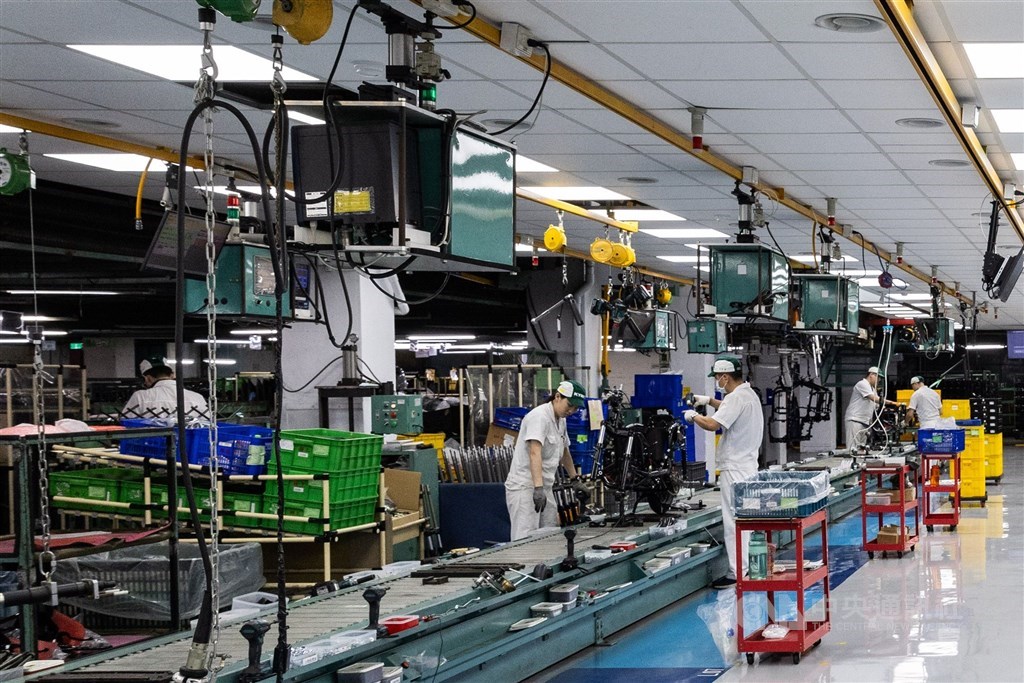Taipei, June 26 (CNA) Local companies believe that nearly a third of all job opportunities will vanish in 10 years due to the rise of artificial intelligence (AI), according to the results of a survey by online job bank yes123 released Tuesday.
In a survey of 1,016 companies on the labor market’s third quarter outlook, the job bank focused in part on AI’s impact on workers and asked companies what percentage of jobs they felt would be lost to AI’s round-the-clock productivity and high-speed computing prowess.
Respondents felt on average that 29.2 percent of job opportunities would be lost to AI over the next 10 years, but there were no suggestions on what would replace those jobs.
The job bank also asked companies to identify the labor-intensive and knowledge-intensive fields of endeavor in which people were most likely to lose their jobs to AI.
Among labor-intensive disciplines, the most likely job to vanish according to companies was ticket selling, cited by 54.3 percent of respondents.
It was followed by call center agents (53.6 percent), assembly line workers (52.2 percent), gas station attendants (35.7 percent), and wholesale and convenience store clerks (34.8 percent).
The top five vulnerable knowledge-intensive jobs, meanwhile, were translators (37.2 percent), journalists (36.3 percent), bank clerks (35.2 percent), financial traders (29.1 percent), and insurance agents (28.2 percent).
In addition, a total of 49.8 percent of companies indicated that they are considering adopting automation or AI, a significant increase from last year’s survey result of 42 percent, yes123 said.
Among them, 19.6 percent reported that related AI projects are already in progress, with expectations that employees possessing relevant skills will have an average starting salary at least 31.6 percent higher than others.
Bingo Yang (楊宗斌), a spokesman for yes123, said the job market was heading toward “human-machine collaboration,” or workers directly supported by AI to achieve task objectives.
That way, AI can handle tasks that require high precision and repetition, allowing workers to engage in more creative work, Yang said.
The online survey, conducted June 7-20, had a confidence level of 95 percent and a margin of error of ±3.07 percent, according to yes123.

